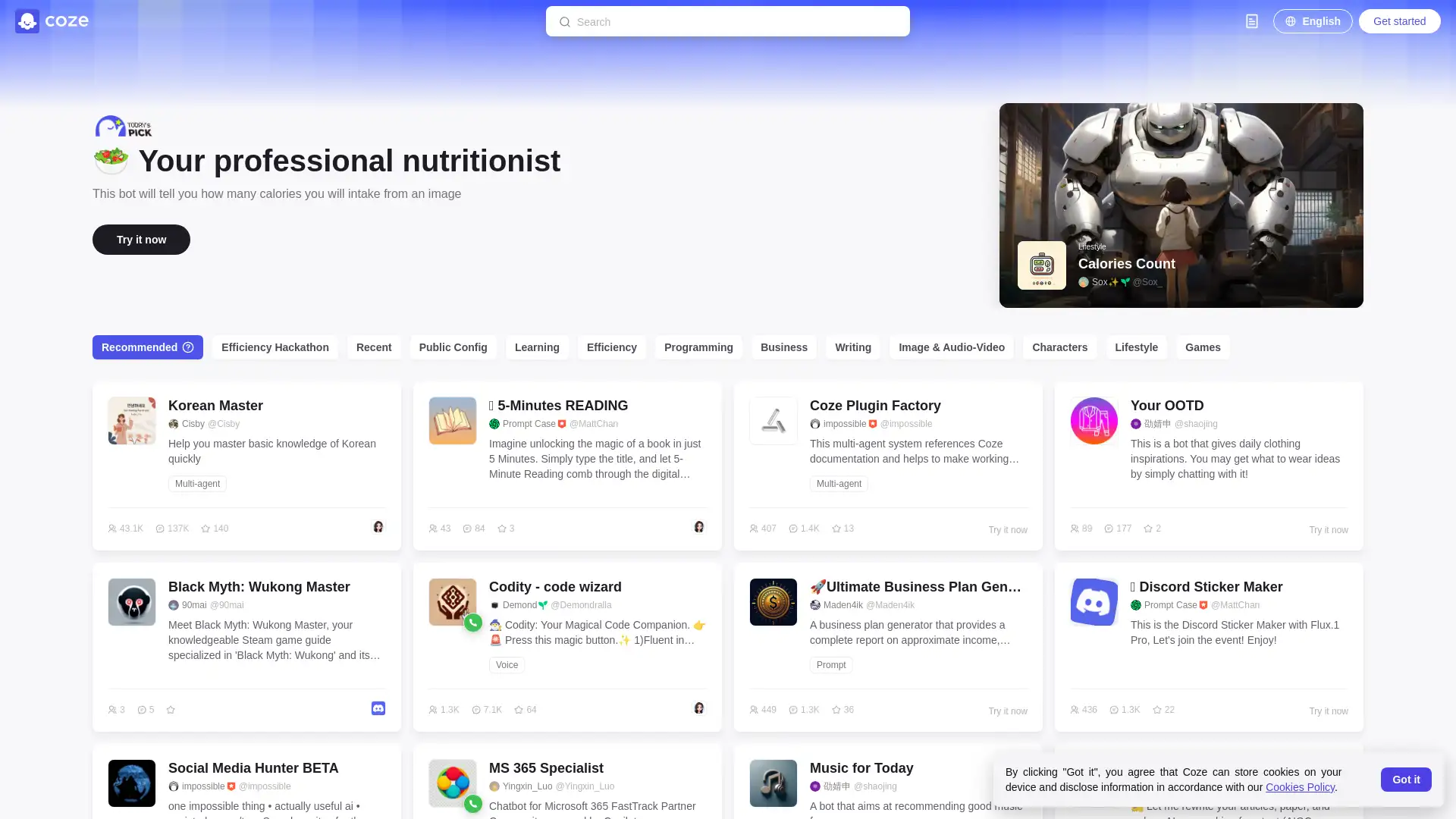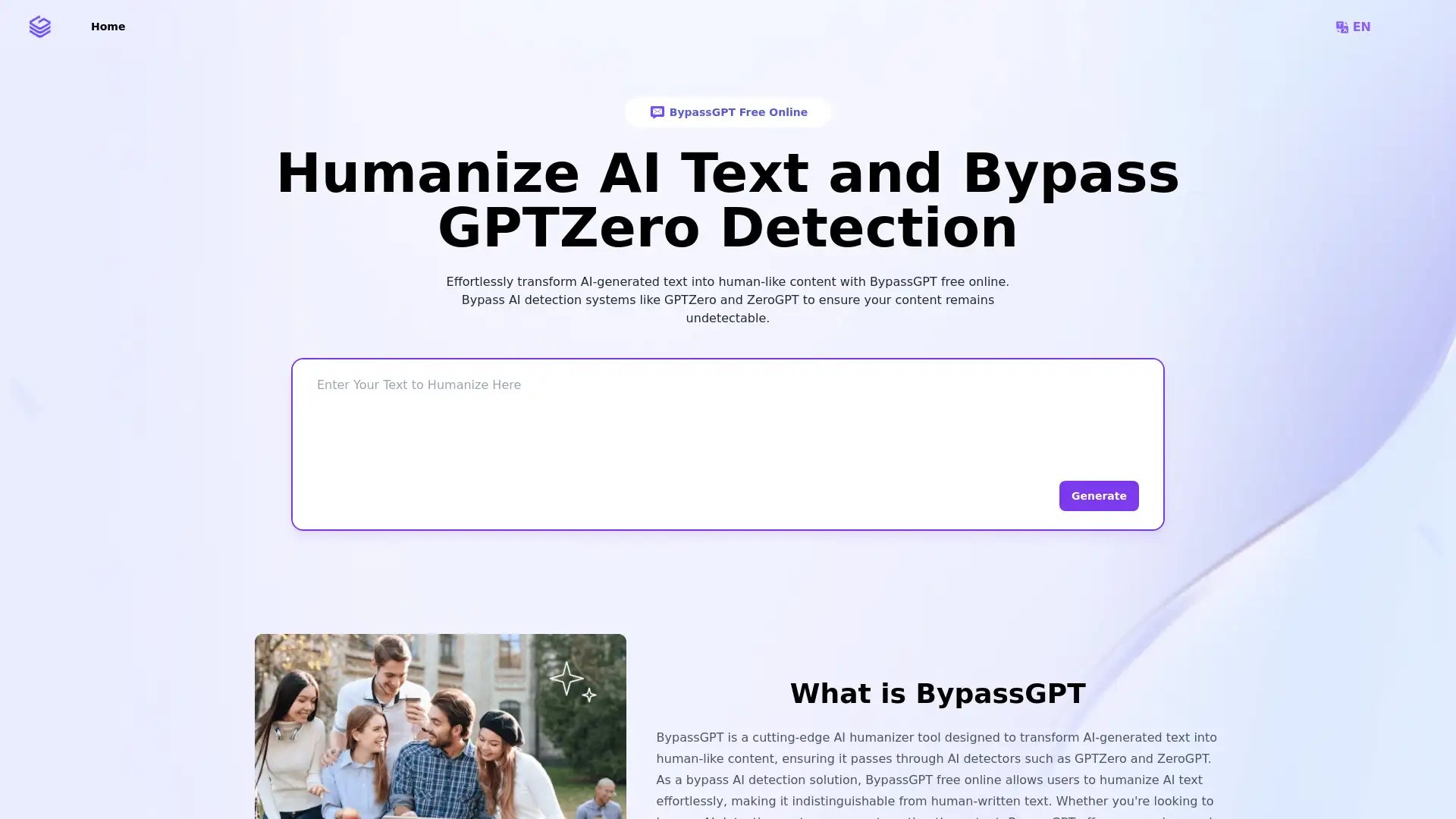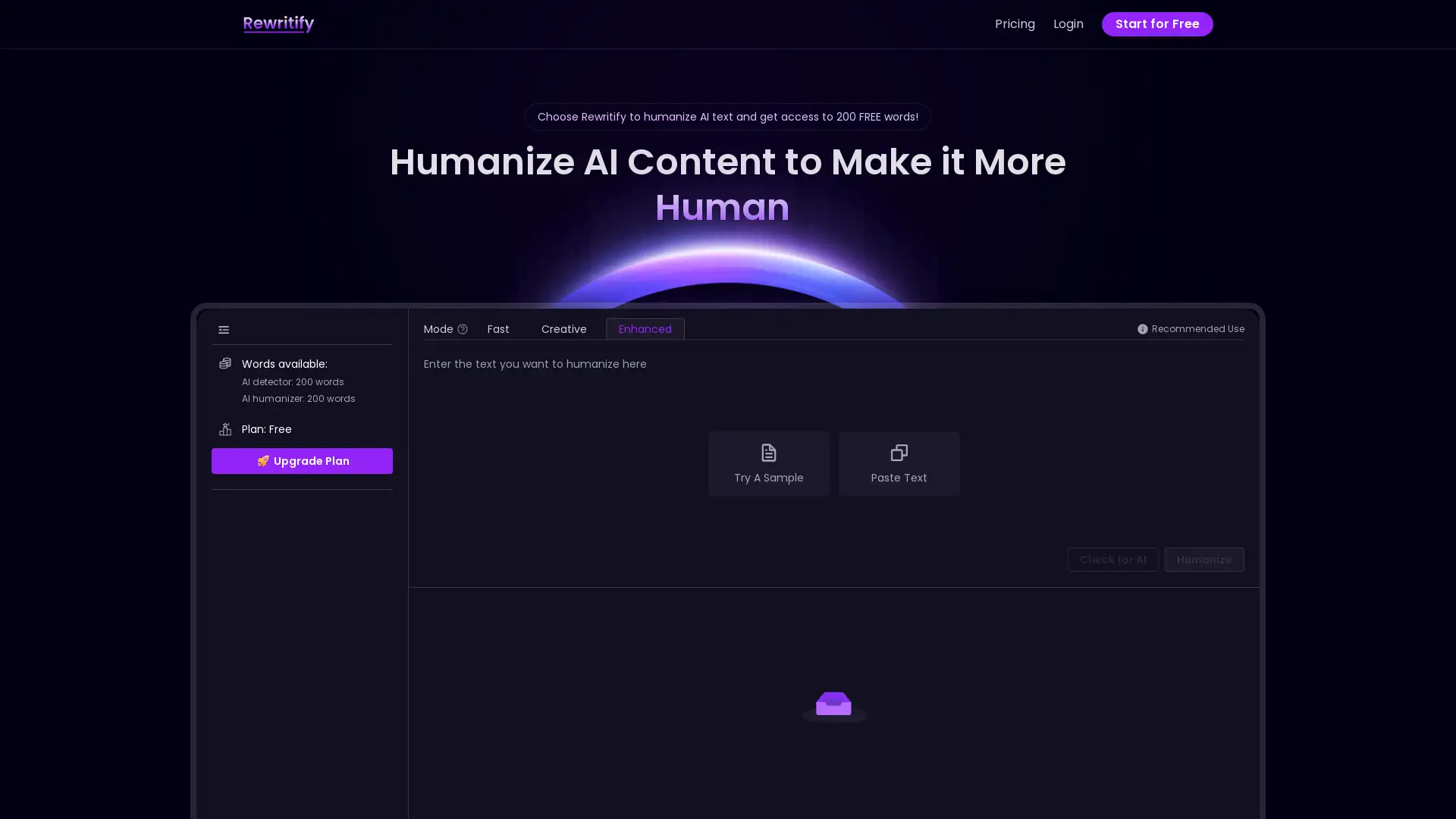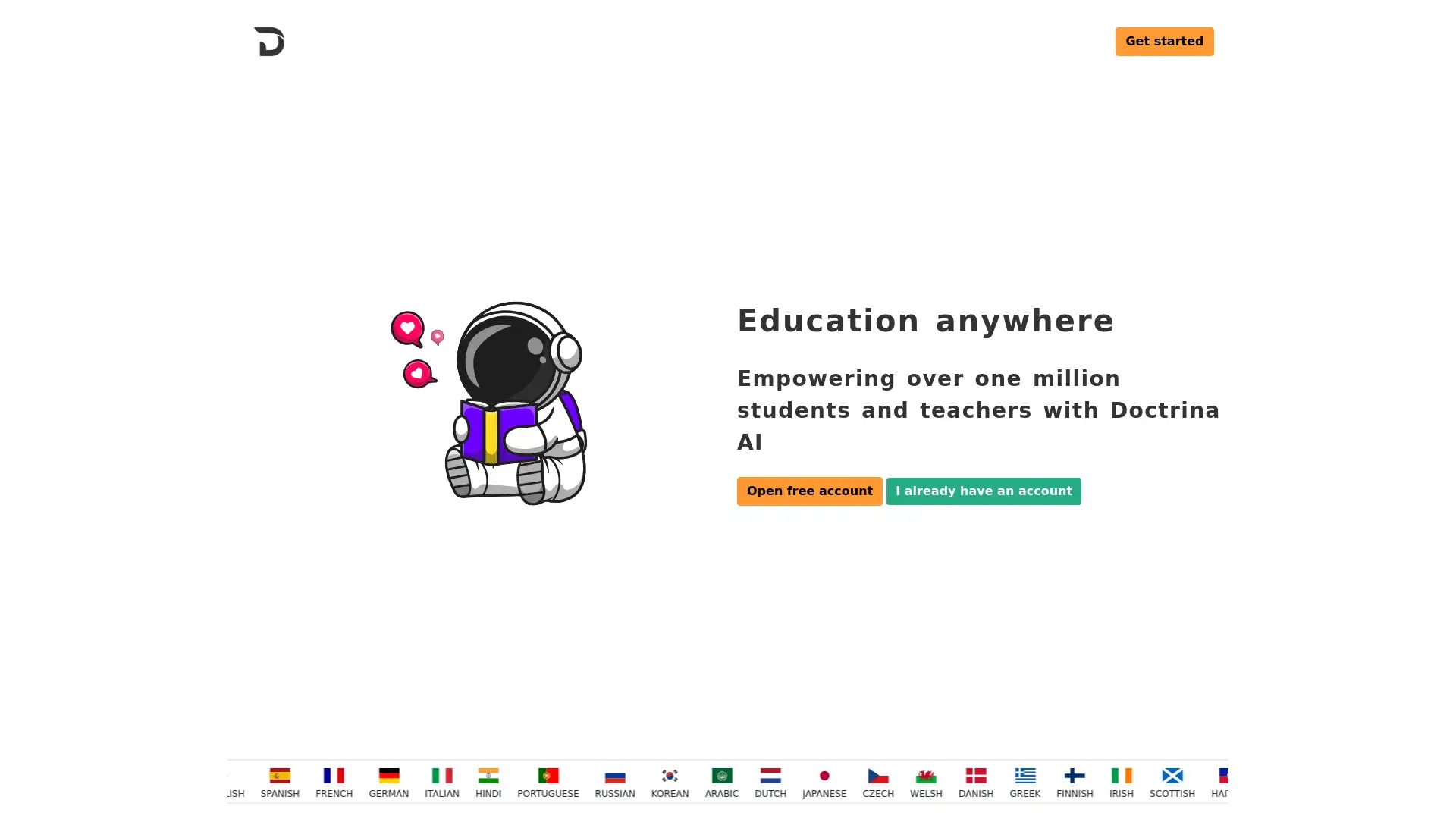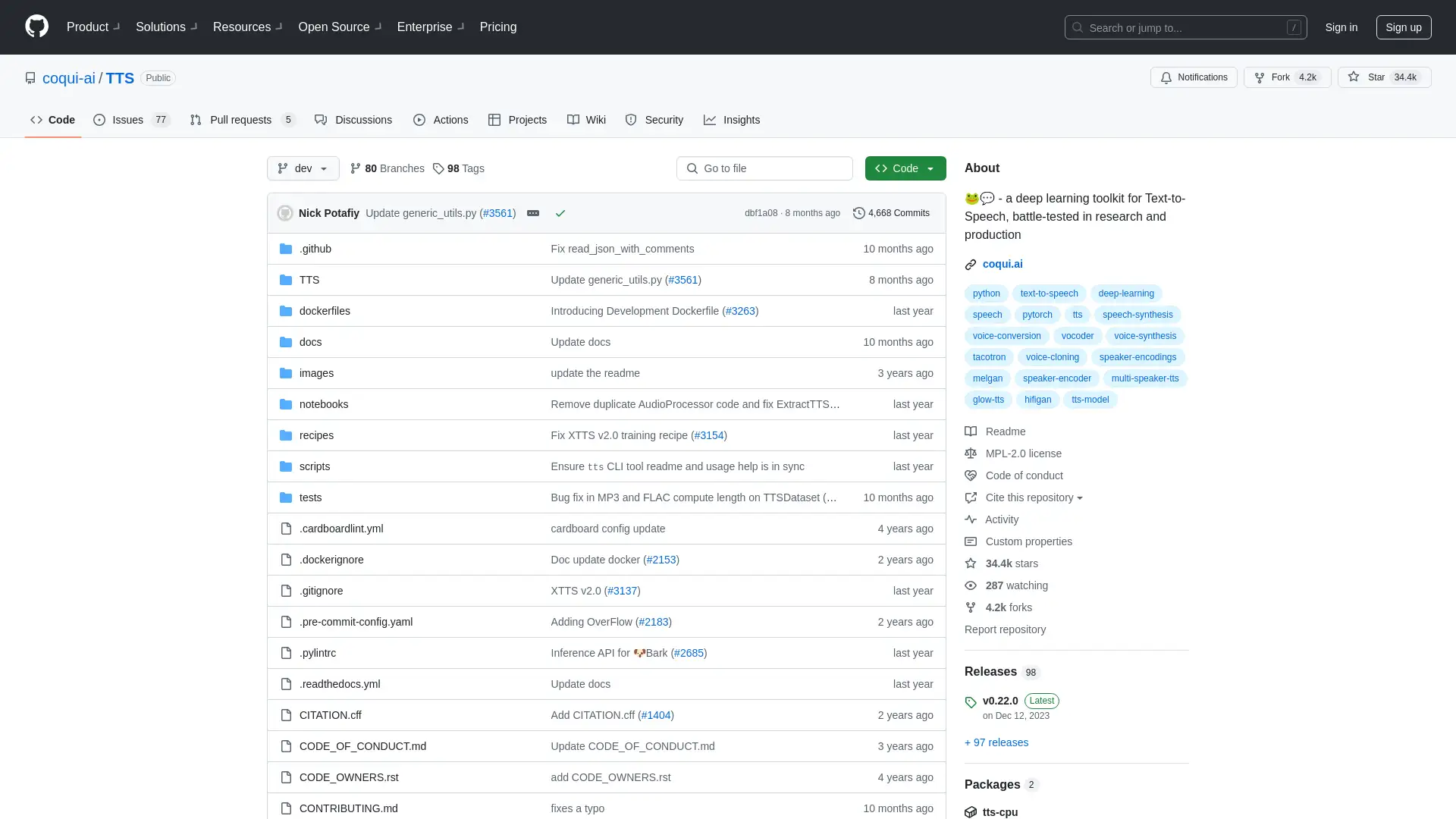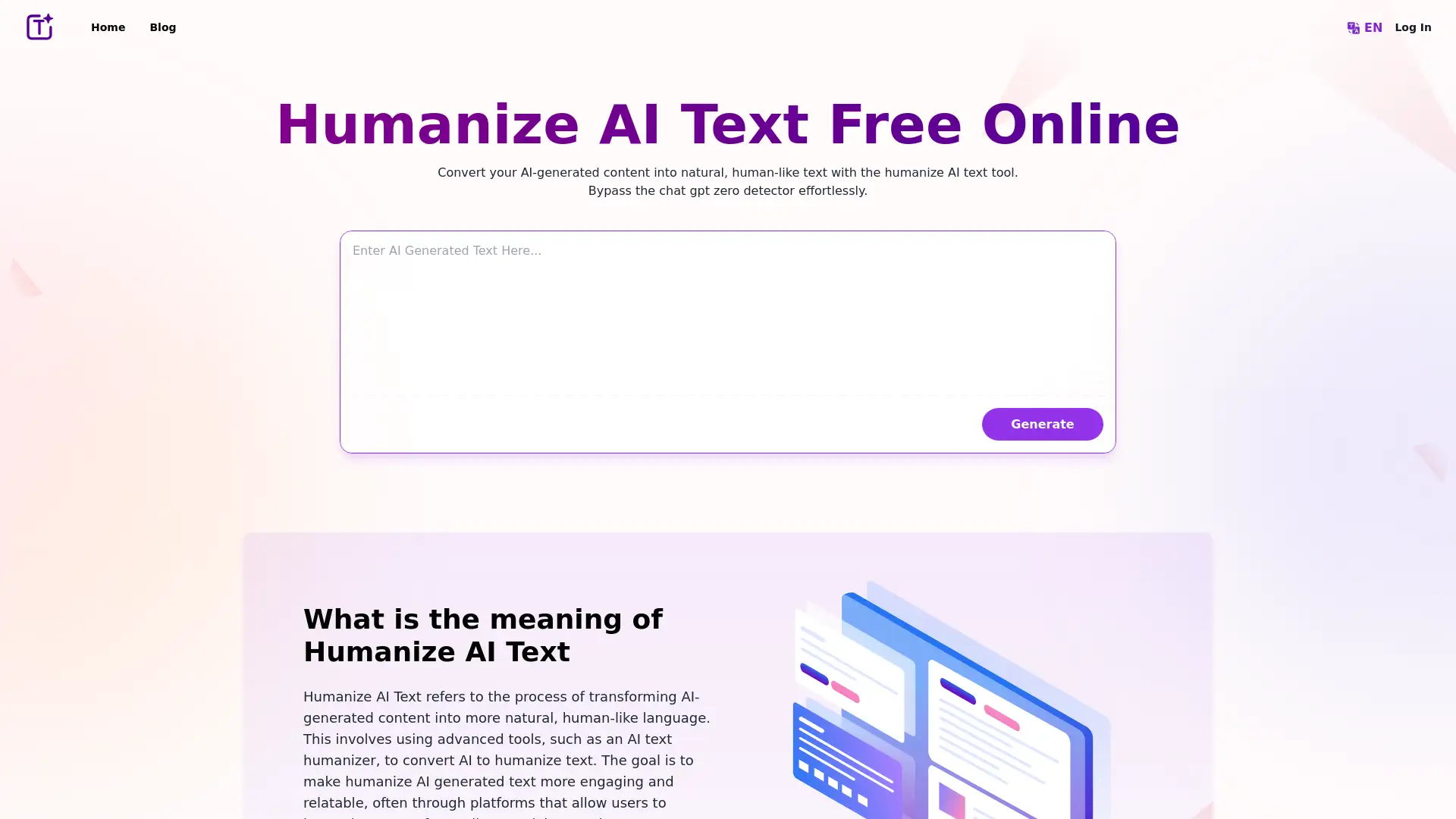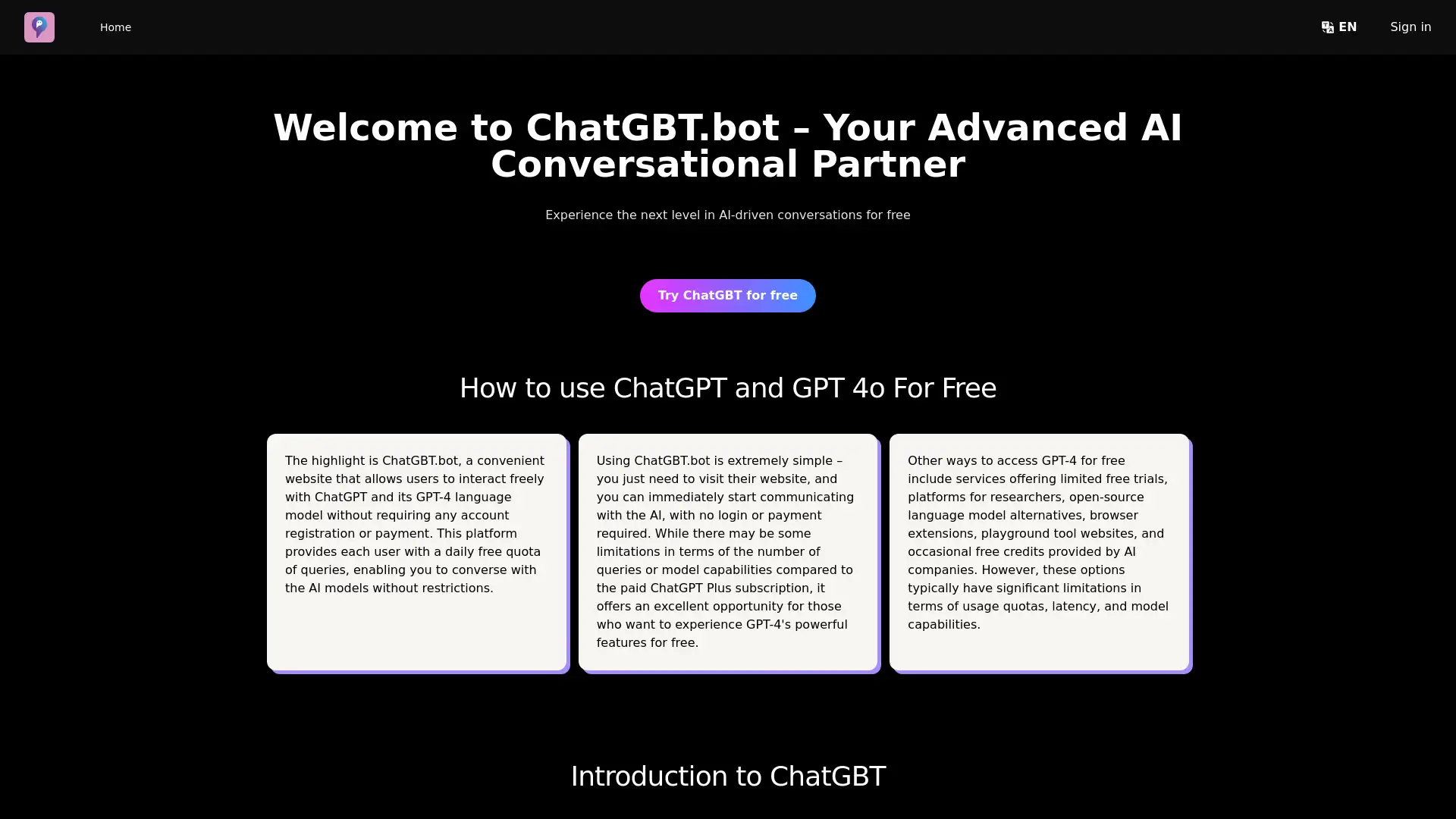Best 9 AI Tools for Language Support in 2024
Coze, story3, Bypass GPT, Homeworkify, Rewritify, Doctrina AI, Coqui TTS, AI Humanizer, ChatGBT are among the best paid and free Language Support tools available.
What Are AI Tools for Language Support?
AI tools for Language Support are software applications powered by artificial intelligence specifically designed to assist with language-related tasks. These tools can handle everything from real-time language translation, grammar correction, content creation, and even homework assistance, as evidenced by solutions powered by GPT-4 technology. Their relevance lies in making language more accessible, enabling seamless communication, learning, and creating more efficient workflows in language-intensive environments. By using AI, these tools provide tailored, accurate, and efficient solutions that meet a wide range of needs related to language comprehension and production.
Key Features of AI Language Support Tools
AI Language Support tools have several unique features that make them highly adaptable. From simple language translation and grammar correction to advanced text analysis and content generation, they cover a wide range of functionalities. For example, tools under this label can instantly solve homework questions using GPT-4 technology, humanize AI-generated text to bypass detection, and simplify content management with user-friendly platforms. These tools also support a variety of languages, include contextual understanding for more accurate results, and can integrate with other software systems, offering flexibility and scalability for personal or professional use.
Who Benefits from AI Language Support Tools?
AI tools for Language Support cater to a diverse audience. Students, educators, content creators, and businesses handling multilingual communications will find them particularly useful. These tools are accessible even to users without programming experience, offering simple interfaces for quick results. However, developers and tech-savvy professionals can customize them for specific language-related tasks, thanks to their advanced functionalities and API integrations. The broad user base includes both novices and professionals who need to streamline language tasks, from casual use to more specialized applications.
Further Insights into AI Language Support Tools
AI Language Support tools are versatile solutions that span multiple industries. They are widely adopted in education, content creation, customer service, and global business communication. These tools are user-friendly, with intuitive interfaces that make them easy to adopt for non-technical users. Additionally, they can be integrated into existing systems, enabling businesses and professionals to enhance productivity and streamline language-based tasks. As AI evolves, these tools are continually improving in their ability to provide natural, human-like responses and accurate interpretations of language.
